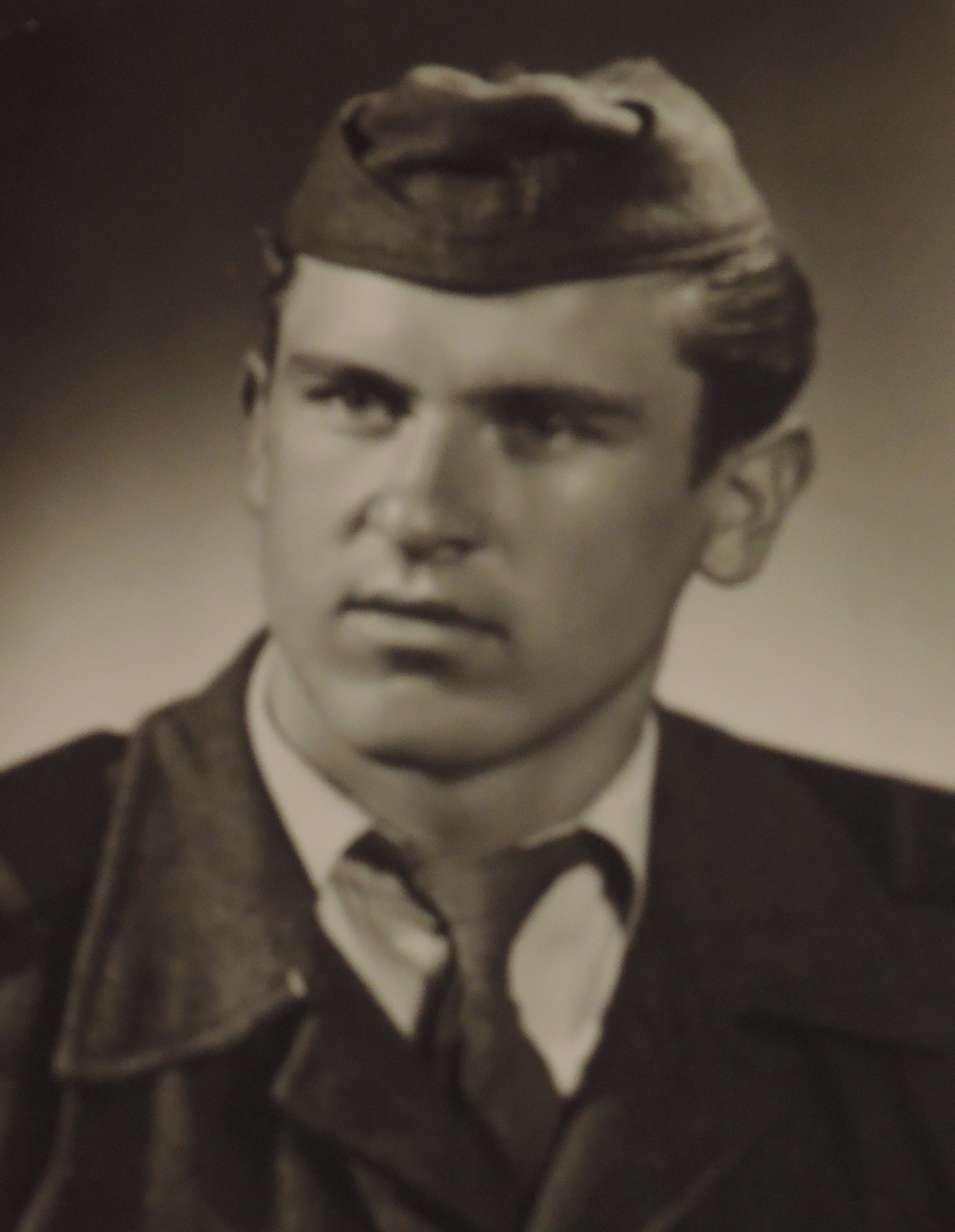I went to school, and in the meantime they moved us out

Stáhnout obrázek
Bohuslav Procházka was born on 4 August 1938 in Přítoky near Kutná Hora. His parents had a big farm, which was nationalised in 1951. As a designated kulak, his father was sent to the mines in Příbram and was forbidden from all activities in Kutná Hora District. The witness‘s mother was left along with four children and no ration tickets. Bohuslav Procházka wanted to attend the Secondary School of Economics in Čáslav, but his application was denied for reasons of his family background. After training at a vocational school he was drafted into compulsory military service and sent to work in the mines in Ostrava. He returned home after two years. He married and found employment as an agronomist in Uhlířské Janovice. After the Velvet Revolution he and his family regained ownership of their farm through restitution.






